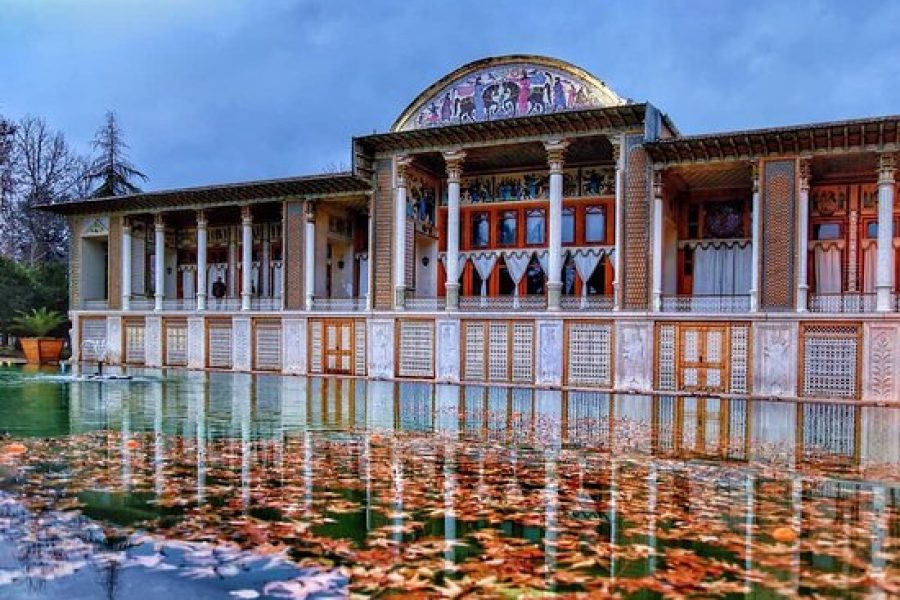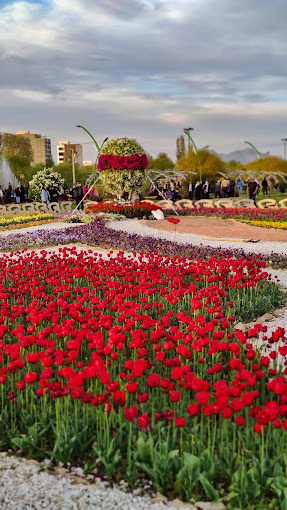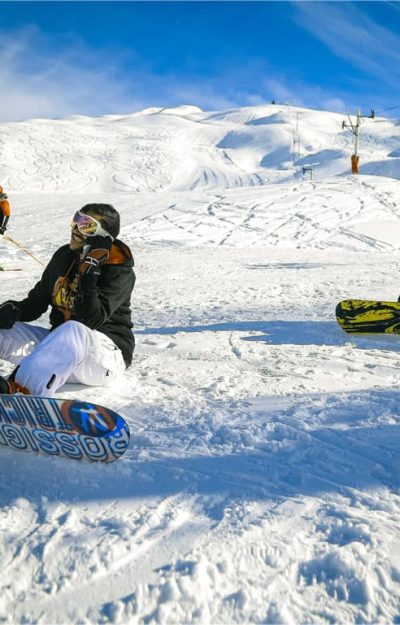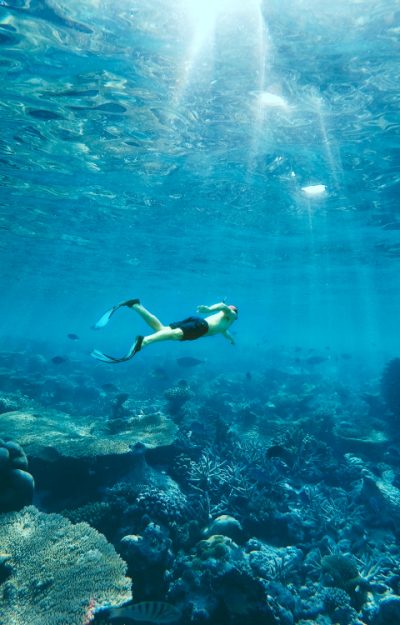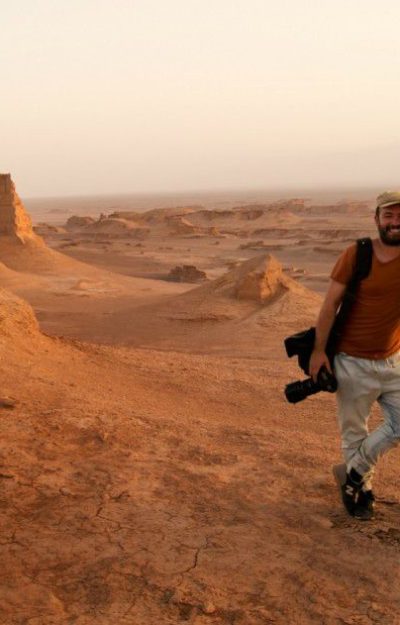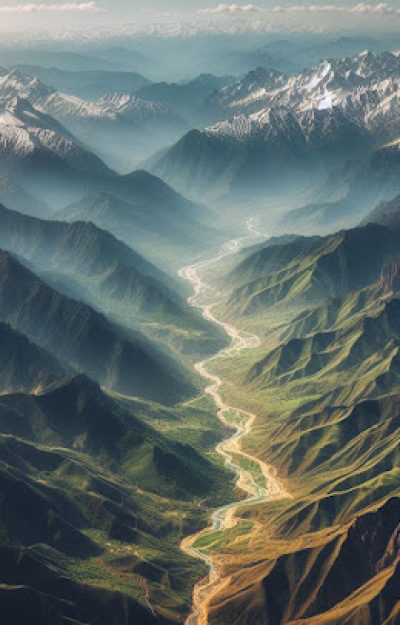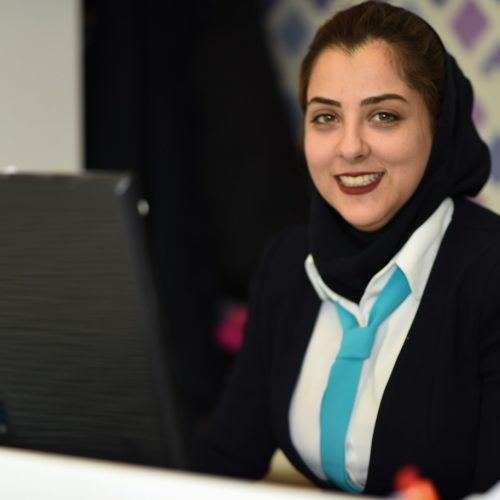Why to visit Orumiyeh?
Orumieh is not merely a city but a compilation of stories told through its splendid architectures, rich bazaars, and the warmth of its people. The city, which is nestled amidst rugged mountains and rolling plains, reflects the resilience and rich heritage of its inhabitants who have, for centuries, played host to numerous civilizations and empires. A potpourri of Assyrian, Armenian, Azeri, Kurdish, and Persian cultures have bestowed upon it a charm that is both splendid and intimately welcoming, narrating tales of coexistence and cultural amalgamation.
Architectural aficionados and history buffs will find solace in the arms of Orumieh’s stunning historical sites. The Jameh Mosque of Urmia, with its spectacular design and historical significance, serves as a beacon of the city’s rich Islamic history. Moreover, the numerous churches dispersed throughout the city, such as the St. Thaddeus Monastery, whisper tales of an ancient Christian presence and become a sanctuary for those seeking spiritual solace and architectural delight.
Lake Urmia, a mesmerizing spectacle of nature’s artistry, beckons travelers with its astonishingly vivid sunsets and the serenity that envelops its salt-encrusted shores. However, the lake is not just a visual treat; it is also a poignant reminder of environmental fragility. Having shrunk dramatically over the past few decades due to climate change and mismanagement, the lake tells a somber story of beauty, neglect, and the urgent need for conservation.
Delighting in the hospitality of Orumieh’s people is a journey unto itself. The city offers a rich tapestry of culinary experiences, where local dishes, often laced with fragrant spices and herbs, invite travelers to embark on a gastronomic adventure. The bazaars of Orumieh, bustling with life and adorned with a kaleidoscope of colors from spices, fruits, textiles, and handicrafts, provide a sensorial indulgence and an intimate glimpse into the daily lives and traditional commerce of the locals.
Nature lovers will find refuge in the lush landscapes surrounding the city. The mountaintops, often veiled with a delicate shroud of snow, and valleys brimming with wildflowers and fruit orchards in spring, offer idyllic settings for trekking and picnicking.
Visiting Orumieh allows one to traverse through layers of history, explore the vibrancy of diverse cultures, and bask in the elegance of its natural landscapes. It is a journey where every step reverberates with the echoes of ancient tales and the welcoming smiles of its people, making it not just a destination but a melange of enchanting experiences, stitched with threads of historical grandeur, cultural richness, and natural splendor.




